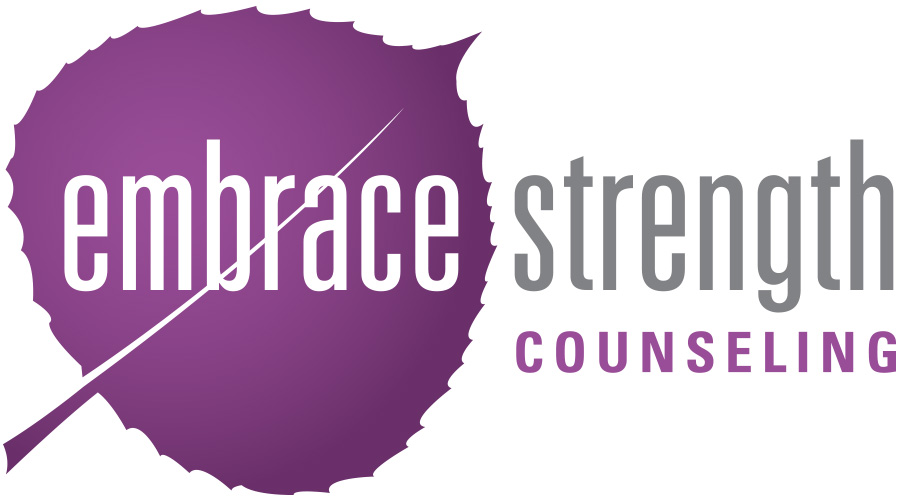If your loved one is struggling with an eating disorder, you probably know how painful and confusing it can be to support them through it. The guidelines below are meant to help you navigate some of these challenges and show up for your loved one in the best way you can.
- DO learn more about eating disorders. Take time to read articles and books, listen to podcasts, and join informational groups. It is important to dispel common eating disorder myths and stereotypes so that you can better support your loved one. Eating disorders are often extremely isolating, and misinformation may fuel this isolation. Visit www.nationaleatingdisorders.org to start learning.
- DON’T make comments about people’s bodies. Not theirs, not your own, not a stranger’s. Whether positive or negative, commenting on the appearance of others (or yourself) reinforces the idea that the way we look is one of the most important things about us. Even comments that are meant to be complimentary can often be harmful to a person that is already hyper-fixated on their body.
- DO encourage them to seek professional help. Support from family and friends is invaluable, but it is no replacement for medical care. Ask your loved one if they want help sorting through insurance, making phone calls, or going to their first appointment. If the first professional they work with isn’t a good fit, encourage them to keep searching.
- DON’T offer simplistic solutions. Eating disorders are highly complex. If you tell your loved one to “just eat” or “just love yourself” you may be misunderstanding the nature of their illness. If the answers to this problem were simple, your loved one would not be suffering.
- DO ask questions and listen non-judgmentally. You can show your loved one that you care by asking them questions about their experience. It’s important to be open, non-judgmental, and listen intently if they do open up to you. Even if you do not fully understand their struggles, making your loved one feel heard can go a long way. Try to avoid giving unsolicited advice or criticism.
- DON’T shame, threaten, or bribe your loved one. Eating disorders are not a choice and should never be punished. Natural consequences are okay (i.e. not being able to play sports due to medical instability, or losing relationships as a result of engaging in eating disorder behaviors). However, shame is not a sustainable motivator and may build resentment between you and your loved one.
- DO be straightforward. Many people feel like they are walking on eggshells when they speak to their loved one about their eating disorder, but one of the best things you can do is tell them the truth. Speak honestly and openly about your concerns and ask how you can help. Make it clear that you care for them and are ready to offer emotional support. Ignoring and avoiding only makes the problem worse.
- DON’T be discouraged by slip-ups. Recovery is not linear; there will be ups and downs. Do not blame yourself if your loved one takes a step back. Encourage them to keep going and not give up.
- DO be a good role model. If your loved one sees you dieting, over-exercising, and/or pursuing weight loss, you may be sending them mixed messages. Take a step back and consider your own habits. Do you inadvertently reinforce the value of thinness? How can you model true nourishment and self-compassion for your loved one?
- DO take care of yourself. It is incredibly hard to watch somebody you love suffer in this way, but it is important to make sure that you do not ignore your own needs during this time. Find your own support system and prioritize time for self-care and relaxation. Remember that you cannot force somebody else to change—all you can do is support them and show compassion while they are on this journey.
If you would like to know more about this topic, reach out to Eada at eada@embracestrengthcounseling.com or contact our team. To schedule a free consultation or initial session, please call (303) 720-9424.

